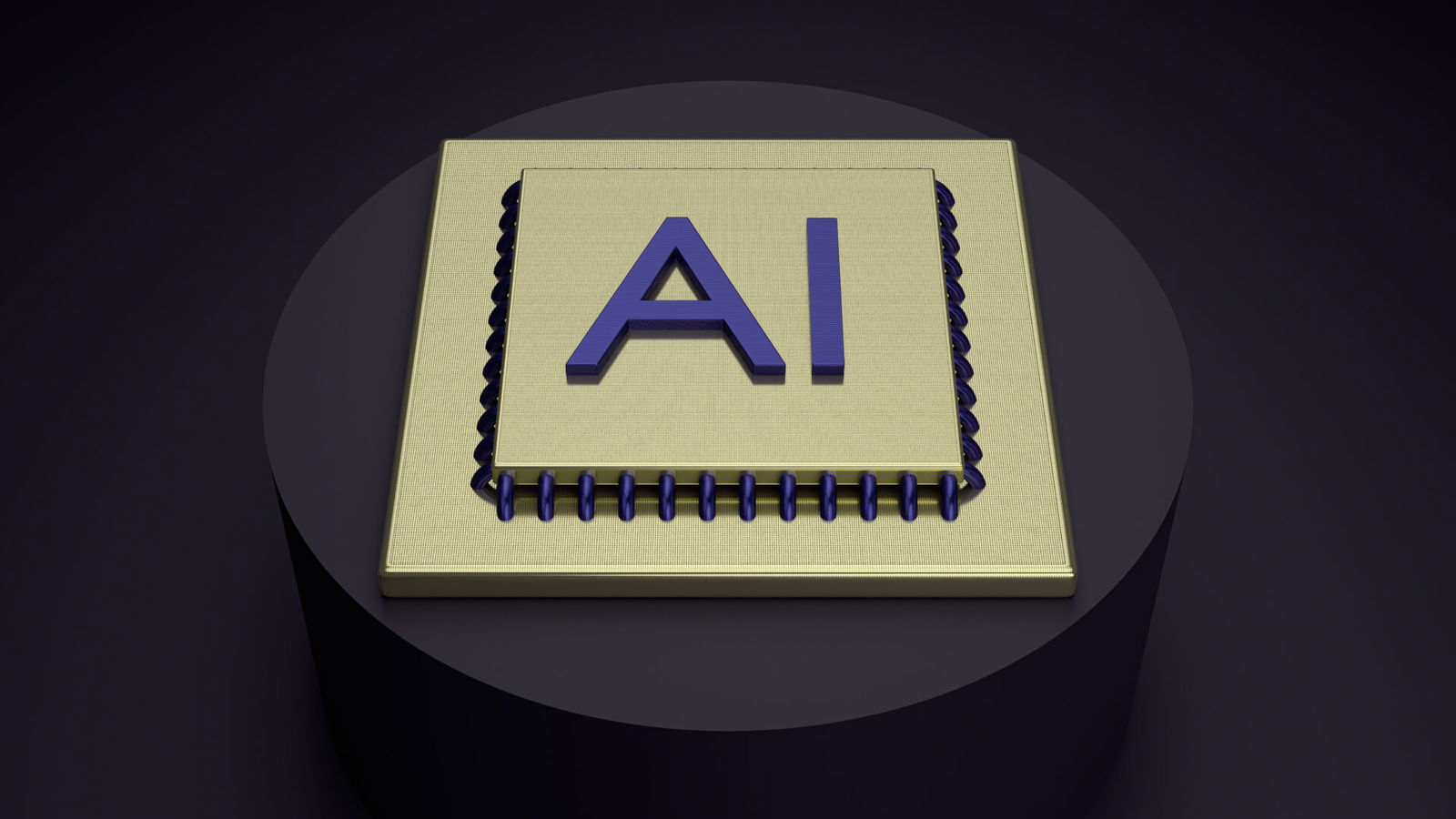
Parents Are Concerned About AI, But What Do They Actually Know?
By Movieguide® Contributor
A new study finds that, despite growing concerns over the effect of AI on children, only 17% of parents are actively trying to learn about the technology.
“In a February 2024 Barna survey, parents revealed they are especially wary of AI’s safety and social effects on their children,” Barna reported, adding that “a third of U.S. parents” are “concerned about the data privacy and security risks associated with [children] using AI technology.”
Twenty-five percent of parents said they feel that AI could “negatively impact” their child’s ability to “think for themselves.”
Despite these concerns, “just 17 percent of U.S. parents tell Barna they strongly agree, ‘I actively seek out information and resources to better understand AI technologies,’” the report continued.
“With AI and its uses—both good and bad—becoming more prevalent, the need is there,” Barna concluded. “Helping parents understand the technology, as well as some of the AI tools that could support their parenting and/or household rhythms, may be good places to start.”
The need for parents to understand AI is growing by the day, especially as others explore different ways to use and exploit the technology.
Wired reported that AI videos for children are already widespread on YouTube, and many parents aren’t aware that their kids are consuming this type of content.
“Because AI tools automate the process of making a show, channels focused on putting out as many videos as possible may not even be watching their output before others see it,” the outlet reported.
Tracy Pizzo Frey, senior adviser of AI for the media literacy nonprofit Common Sense Media, added, “There will be no way to know, necessarily, how much of the AI generated content is being reviewed by humans before it is put somewhere.”
Other experts have concerns about the effects that watching content not created by humans will have on young people.
“All around the nation there are toddlers plunked down in front of iPads being subjected to synthetic runoff, deprived of human contact even in the media they consume,” neuroscientist Erik Hoel wrote in a blog post. “There’s no other word but dystopian.”
Movieguide® previously reported on concerns researchers have about the impact of AI on creativity in classrooms:
While the use of AI tools in education has been controversial from the start, a new study revealed AI’s impact on creativity, something that may inform its future use in the classroom.
“Increasingly, students are using AI for help with their schoolwork. Whether it’s for drafting essays, learning new languages or studying history and science, AI tools are becoming a staple in students’ academic toolkit,” StudyFinds reported.
Researchers from across the country came together to investigate the impact AI chatbots have on the creative process. College students were asked to write down as many uses for a paperclip as they could think of. They were then asked to repeat the process four weeks later, but this time, they could use ChatGPT to help the process. Students were then asked to reflect on the process.
While 100% of the students admitted that the AI tool made the brainstorming process easier, many said they would not want to use it for this purpose in their daily lives. The mixed results revealed that it is a nice place for the brainstorming process to start, but students were unhappy if it did not launch original thinking of their own.
With AI’s recent emergence, it appears that its use in the classroom is all but inevitable. It will, therefore, be important for researchers to continue to identify ways the technology is beneficial for education so it can have a positive impact on the classroom rather than inhibiting students’ success in the future.
Questions or comments? Please write to us here.


 - Content:
- Content: 

